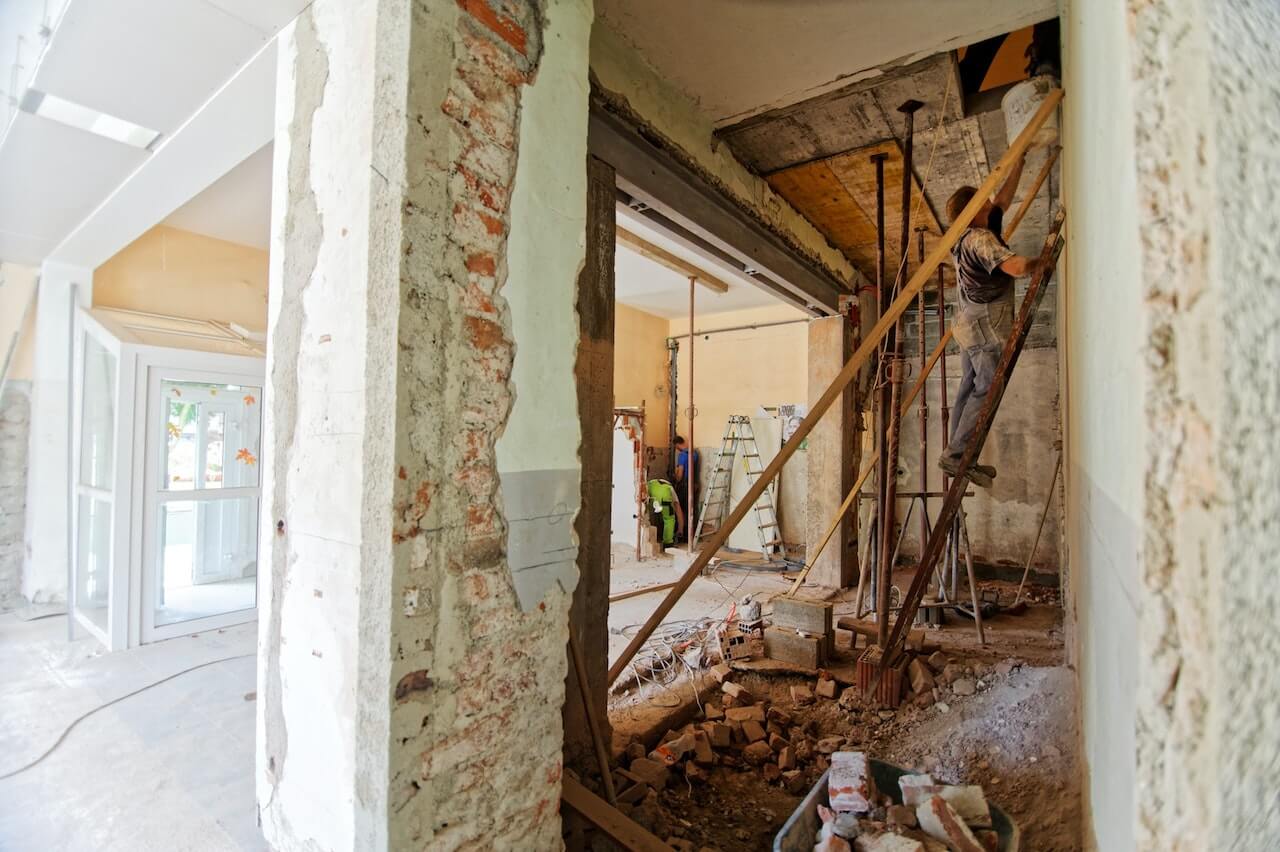How To Calculate ARV And Its Role In Real Estate

ARV, or after-repair value, is a term that gets thrown around a lot in the real estate world. But what does it actually mean? In short, ARV is the estimated market value of a property after repairs and renovations have been made. This number is important for investors because it tells them how much they can expect to make on a flip. However, estimating ARV can be tricky. There are a number of factors to consider, such as the condition of the property, the location, and the current market conditions. Nevertheless, if you have your eye on a fixer-upper, it’s important to have an estimate of the property’s ARV before making an offer.
ARV meaning in real estate
So, what does ARV stand for?
If you’re in the business of flipping houses, then you’re probably very familiar with the term “after repair value” (ARV). But why is ARV so important?
Well, for one, it helps investors determine the valuation of particular properties, so they can maximize profitability and return on investment (ROI).
And two, it’s a key factor in deciding whether to purchase a property in the first place. After all, there’s no point in buying a fixer-upper if its ARV isn’t high enough to make a decent profit.
Estimating the After Repair Value of a property is no small feat – it requires significant knowledge about local market conditions, as well as the availability and pricing of local contractors. Not to mention, one must also place a value on the property as is.
For the unfamiliar, the formula for ARV goes as follows: ARV = Purchase price + Value of renovations. In other words, to calculate ARV, you need to know how much the property will be worth after all repairs and renovations have been made. No pressure! So, if you’re looking to get into the real estate business and don’t mind doing a little homework, estimating ARV might just be the gig for you.
Start investing
with LBC Capital Income Fund, LLC Income Fund
ARV major risks
It is important to mention that ARV does have some limitations. The most obvious limitation is that it’s just an estimate. Even with the best research and most experience, there are no guarantees when it comes to predicting future market conditions or the type of buyers who will be interested in the property.
In addition, the costs of repairs and renovations can sometimes spiral out of control, eating into any potential profits.
As a result, estimating ARV can be helpful to investors looking to determine an offer price or decide whether renovating a property is worthwhile or not.
However, ARV can also be used as a tool to negotiate a lower purchase price on a fixer-upper. By showing the seller that you are aware of the property’s potential value post-renovation, you can sometimes get them to agree to a lower price. This can be especially effective if the property is in need of significant repairs.
Getting the property at a lower price can help alleviate some risks associated with flipping houses. If extra costs come up during the renovation, it won’t be the difference between making a profit and losing money on the investment. And, of course, there’s always the chance that the property will appreciate in value more than you anticipated, resulting in an even higher return on your investment.
How to find the value of the property
A successful real estate investment decision also takes into account carrying costs such as interest, insurance, and taxes, as well as repair costs. But even with all of these factors considered, there is still an element of art to coming up with the right offer price.
So, there are two things that can help ensure that you don’t end up overpaying for a fixer-upper:
Start low
One is to remember that most sellers significantly overestimate the value of their homes. As a result, it’s often best to start low and then negotiate up from there.
Consider extra costs
Another is to be aware of your own limitations. If you’re not experienced in making repairs, it’s important to factor in the cost of hiring someone who is. Otherwise, you may find yourself in over your head – and that’s never a good place to be when making a real estate investment.
What is the 70% rule in house flipping
The 70% rule is popular guidance for real estate investors who are looking to flip a property. The rule states that the maximum purchase target for a flip property should not exceed (ARV x 70%) – estimated repairs. In other words, you should not spend more than 70% of the After Repair Value of the property on the purchase price and repairs.
70% rule = (ARV x 70%) – estimated repairs
This rule is popular among real estate investors because it tells you the maximum you should spend on a flip property. However, it is only general guidance, and you should not consider it an ironclad rule. There are many factors that can affect the true profit potential of a property, so always do your due diligence before making an offer. But if you’re looking for a quick and easy way to get started in real estate investing, the 70% Rule is a good place to start.
FAQs
What is ARV?
ARV stands for After Repair Value. It’s the estimated value of a property after repairs and renovations have been made.
Why is ARV important?
ARV is important because it affects how much money you can borrow for repairs and renovations. It also affects your profits when you sell the property.
How do I calculate ARV?
There are a few different methods you can use to calculate ARV. The most common method is to compare similar properties in the same area that have been recently sold. You can also use online tools like Zillow’s “Make Me Move” feature to get an estimate of a property’s value.
What if I can’t find comparable properties?
If you can’t find comparable properties, you can use the replacement cost method. This involves estimating the cost of repairing and renovating the property, then adding the value of the land. This is a less accurate method, but it can still give you a good idea of what the property is worth.
Conclusion
So, ARV is just an estimate and there is always some risk while making investment decisions. However, if you’re careful and do your homework, ARV can be a useful tool for finding properties that offer the potential for a healthy return on investment.
If you’re thinking about getting into the world of fixing and flipping, contact LBC Capital Income Fund, LLC, and we’ll be able to answer any questions you have.
If you have any questions, feel free to contact us!
Start investing
with LBC Capital Income Fund, LLC Income Fund
Follow our social media channels to stay updated on the latest news:
Latest posts
Blog page
2026 Real Estate Market Outlook: Key Trends for Investors
As we enter 2026, the market feels less like a headline and more like a negotiation. That’s the best way I can put it. After a few years of rate shocks, refinancing hangovers, and “wait-and-see” capital, real estate has settled into something more selective. Not frozen—selective. In a selective market, you don’t get paid for […]

Rising Interest Rates and Real Estate: Impacts and Strategies for Investors
Over the last few years, real estate investors have had to adjust to something many hadn’t experienced in a long time: rapidly rising interest rates. What started as gradual tightening turned into one of the fastest rate increases in decades. By 2025–2026, borrowing costs look very different from what investors were used to only a […]